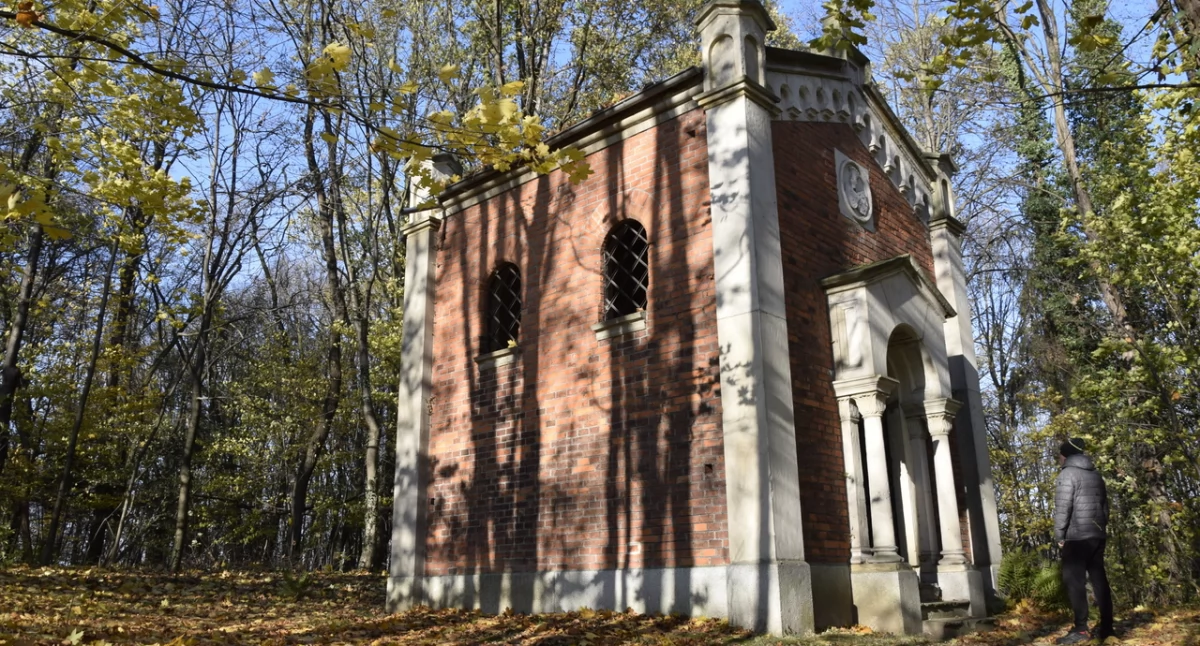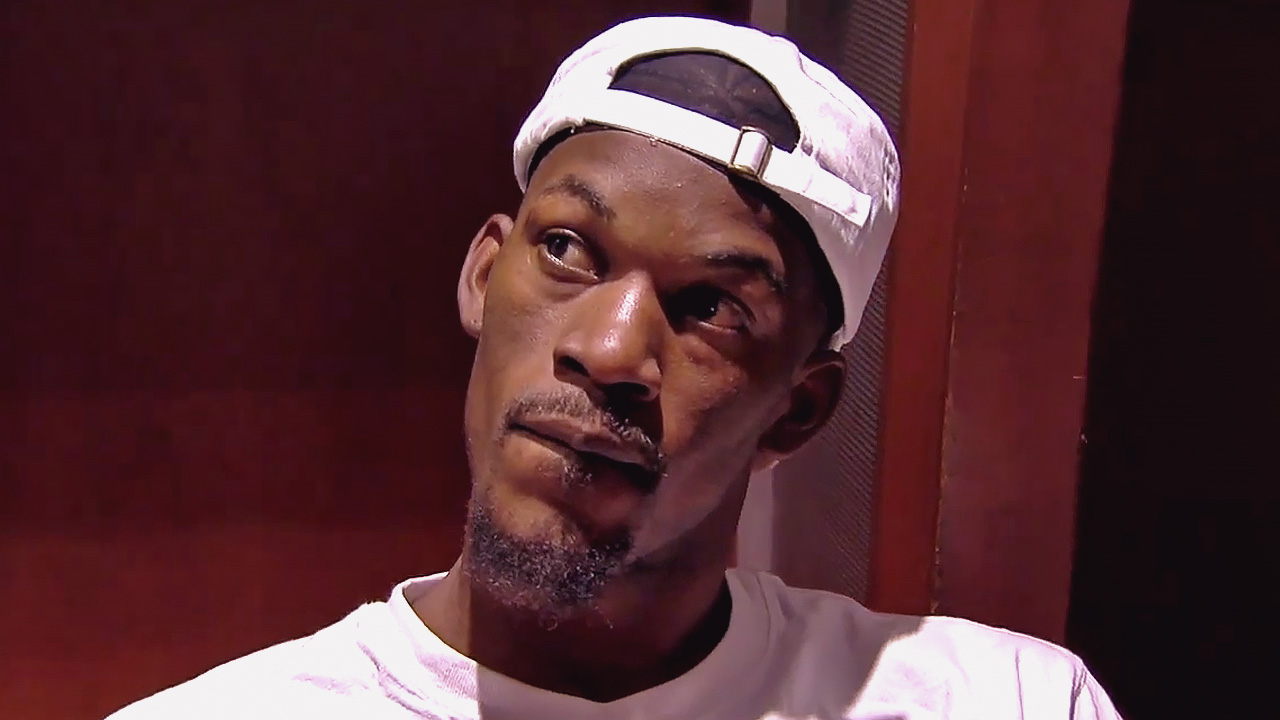

Student Loan Inflation, Here It Goes Again
Via SchiffGold.com,
As the Democratic Party has shifted away from its traditional base of working-class and middle-class Americans, to an increased reliance on college professors, students, and highly educated but low-paid professions, such as social workers, a new policy has risen to prominence: student loan forgiveness.
Borrowed money to advance your career or to study something you got pleasure from but don’t want to pay your loans back?

The new favorite argument by progressive policymakers is that you shouldn’t have to; the taxpayers can take the financial hit for you.
President Biden early in his term tried to deliver on that left-wing commitment by unilaterally canceling $400 billion in student loans. Biden claimed that the Higher Education Relief Opportunities For Students Act, which allowed the Secretary of Education to modify loans in response to national emergencies, combined with the pandemic coronavirus let him waive and modify student loans. The Supreme Court rejected his interpretation of that law.
Now, President Biden is back at it trying for another round of student loan forgiveness despite the mountains of criticism earlier actions took. Beyond the legal criticisms, policy experts have pointed out that student loan forgiveness is regressive because much of the debt is held by students who borrowed tens of thousands to go to graduate school, some of whom will go on to lucrative careers as doctors, dentists, lawyers, and more. Further, when debtors no longer devote part of their budget to repaying loans, this will free up their spending on other goods and services. The influx of new dollars chasing goods and services will make the prices increase in general. This is another inflation-pushing policy.
On Monday, April 8, Biden revealed the details of his new student loan forgiveness plan. It involves several planks. One plank would allow wiping away tens of thousands of accrued interest for borrowers and would extend forgiveness to relatively wealthy borrowers- couples making almost a quarter of a million dollars annually would be eligible. It would also reward borrowers who delayed paying back their loans, providing forgiveness to borrowers who still have not repaid their loans after 20 years for undergraduate students, or 25 years for undergraduate students.
The legal basis for this executive action is a law from the 1960s, the 1965 Higher Education Act, which as written allows the Secretary of Education to amend student loan terms.
When Senator Elizabeth Warren ran for president, she argued that this meant the Secretary of Education could be ordered by the president to forgive student loan borrowers en masse.
Perhaps the worst thing about these student loan forgiveness moves for the broader public is that even if courts limit or strike down some of these executive actions, student loan borrowers, to the extent that they are rational, should price in a now higher probability that at some point a Democratic president will try to bail out their loans, no matter how regressive such a policy might be.
These “rational expectations” that student loan borrowers now have an increased probability of a sudden windfall in the form of student loan forgiveness, should encourage them to save less, deprioritize paying off loans they voluntarily took, and increase their spending on consumption.
This increased consumption is rational already and encouraging additional dollars to chase the same supply of goods and services will drive inflation.
Another major downside of these student loan forgiveness plans is how they might encourage borrowers to run up higher tabs because they know there is some possibility that Biden or some other left-wing politician might waive their loans. While college students might reasonably borrow loans to pay for educational programs, each dollar borrowed with under market rates or forgiven by the federal government is fundamentally paid for by the rest of society. Students might also rationally borrow money they don’t strictly need for educational purposes to increase their standard of living, a practice that actually has sound economic logic and is known as consumption smoothing. However, to the extent this practice increases due to the risk of student loan forgiveness it will just be another factor propping up the painful Biden-esque levels of inflation we are already stuck with.
Until Congress changes the law to prevent unilateral executive action on student loan forgiveness or proponents of it pay a heavy political cost, inflation will be higher than it should be due to the specter of student loan forgiveness.
Tyler Durden
Tue, 04/09/2024 – 12:25


















